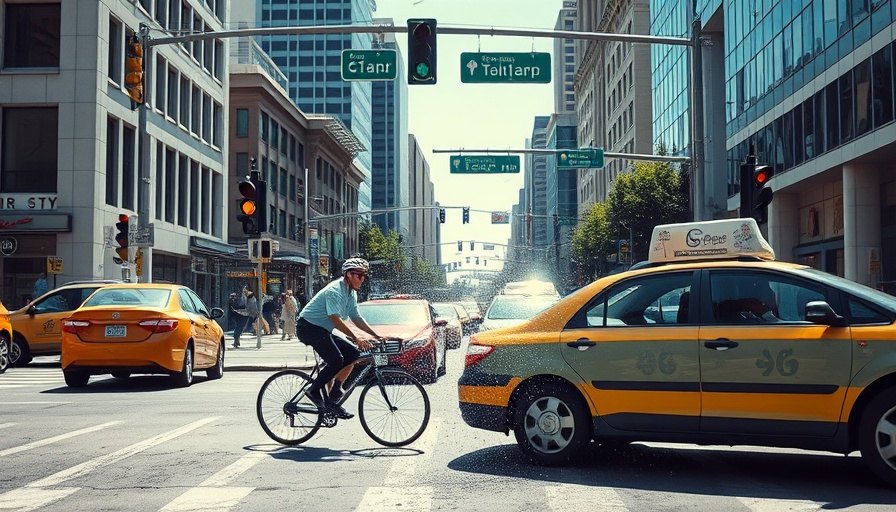
NYC Cyclists Unite Against NYPD's Criminalization Efforts
The streets of Manhattan echoed with the chants of hundreds of cyclists on May 30 as they rallied at Union Square to protest the NYPD's push to criminalize minor biking infractions. The demonstration, organized by the coalition "Hands Off Our Bikes," aims to oppose actions perceived as targeting immigrant delivery workers, especially those undocumented.
Understanding the Issue: A Discriminatory Crackdown
The NYPD has recently elevated certain bicycle-related traffic violations to criminal summonses, a shift criticized by advocates as an overreach that disproportionately affects immigrants. NYPD Commissioner Jessica Tisch argued this change encourages compliance, stating that because cyclists don’t have their licenses revoked like motor vehicle operators do, they often ignore citations. However, many believe this is an unfair tactic that endangers undocumented bikers by exposing them to possible deportation.
Analyzing the Rally: Voices for Change
The protest began with impassioned speeches, expressing the participants' outrage at what they see as an unjust escalation of legal punishment for cyclists. Ben Furnas, Executive Director of Transportation Alternatives, highlighted the inequality in responses to cycling versus driving infractions, citing that most road fatalities involve motor vehicles, yet only cyclists face the harsher penalties of criminal summonses for minor infractions.
The Implications of Criminalization: A Broader Perspective
Advocates argue that these policies not only create unnecessary fear among cyclists but also threaten public safety as potential disruptions could deter many from biking altogether. As public discourse continues, the need for a balanced approach to traffic laws that considers both safety and equity becomes critical for the future of New York City cycling.
While this protest puts a spotlight on the discriminatory enforcement against cyclists, it raises questions about the broader implications of law enforcement practices in urban settings and their impact on community safety. The voices of those who gathered in solidarity will hopefully inspire discussions around transportation equity that carry beyond rallies and into policymaking.
 Add Row
Add Row  Add Element
Add Element 



Write A Comment